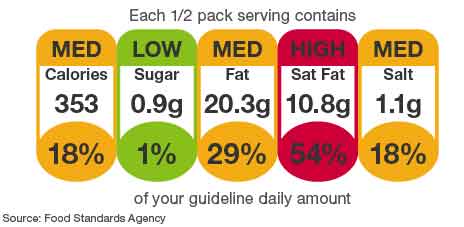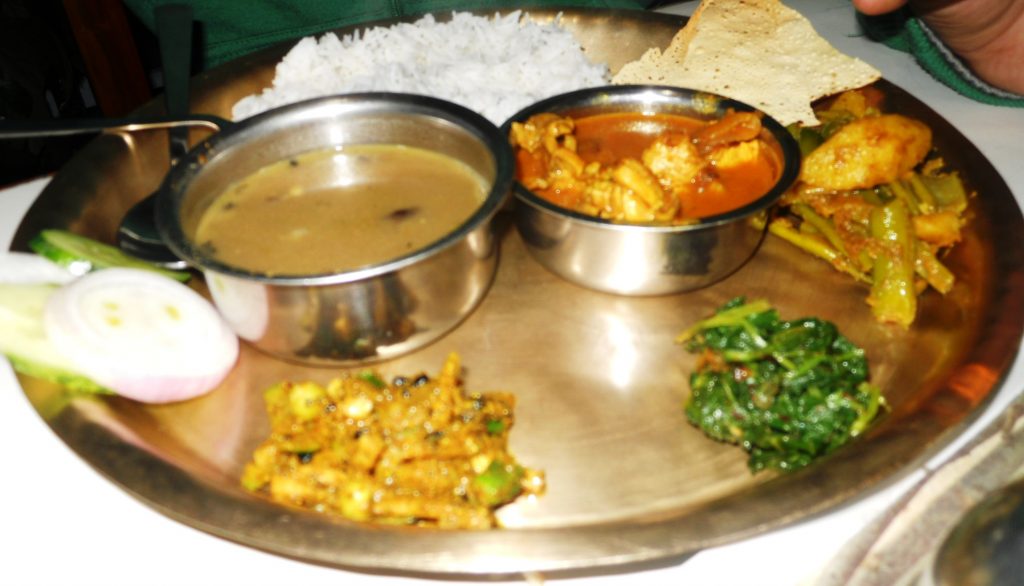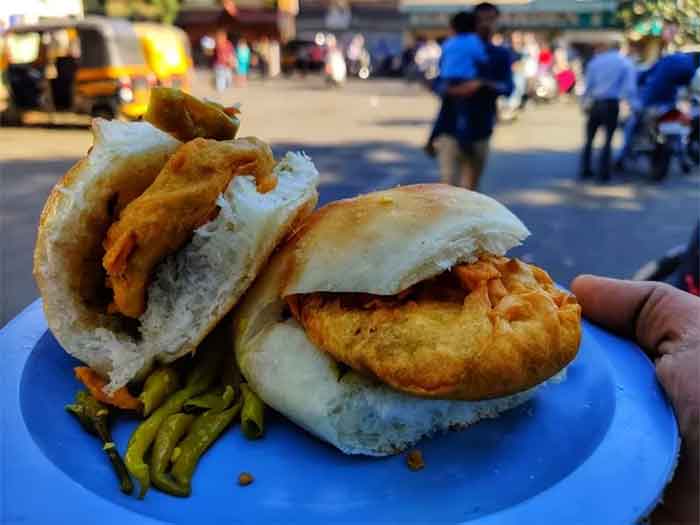
Poor diet is responsible for more deaths worldwide than any other risk factor, and is a leading cause of obesity, type 2 diabetes, and cardiovascular disease. Global estimates suggest that almost 2.3 billion children and adults are overweight. The growing availability of ultra-processed foods, which contain high levels of sugars, sodium, saturated fats and refined carbohydrates, is a key contributor to the current obesity epidemic.
India, an interesting example where undernutrition and obesity coexist as classic case of double burden of Malnutrition. Both Undernutrition and over-nutrition are two faces of same coin i.e. Malnutrition. India is home to around 15 million obese children. This is second largest number after China. On average, 15 % of Indian children are facing some form of obesity. On the other hand, more than 45 million children in India are stunted or under-growth, which is third of world’s total stunted children[1]. Nearly half of all under-5 child mortality in India is attributable to undernutrition.
A study conducted by Lancet Commission on comparison of Indian Diet, found out that Ultra-processed package food accounts for nearly 10% of the average total caloric intake in both rural and urban India. Urban households in high economic affluence consume almost 30% of their total daily calories from processed food. Further, Center of Science & Environment (CSE), a well-known civil society voice in India, in its survey “Know your Diet” found out high Burden of Packaged Food on the School children. The survey indicates that more than 50 % children at least twice in a week consumed ultra-processed package food laced with high salt, sugar and fat like Chips, instant noodles, chocolates, ice-creams, and sweetened carbonated beverages.
The adverse health effect of unregulated ultra-processed food and drinks in under-nutrition or stunted children, who received inadequate nutrition early in their life, are more pronounced compared to such children who received adequate nutrition, due to their weak immune system. The stunted children, later in the life, if consume regularly unregulated ultra-processed food and drinks laced with high fat, salt and sugar, as replacement of common nutritious cook food, are more susceptible to obesity and later may face one or other form of non-communicable Cardio-vascular diseases like hypertension, diabetes and heart ailments.
There is general perception that prevalence of high consumption of ultra-processed food and drinks are largely among rich, urban and affluent class. It is true to some extent but scope of consumption of ultra-processed food and drinks among economically poor, rural and under-privilege section of society is growing rapidly.
There are four factors which are contributing high prevalence of unregulated ultra-processed food & drinks consumption in economically poor, rural and under-privilege section of society where maximum number of stunted or undernourished children belongs to. These are 1) Increasing urbanization or urban functions in smaller town and rural areas, 2) Rising income among all strata of the society, 3) Less time for food preparation due to high work-stress environment and 4) lucrative marketing strategies of Food and beverage industry. These four factors contribute significantly to the food transition where affordable, convenient and hyperpalatable Ultra-processed food & drinks that are ready to eat or ready to heat, take major share of daily diet of larger population in the country including economically weaker sections and migrant workforce.
In nutshell, unhealthy diet choices, often dominated by unregulated ultra-processed foods and drinks coupled with fast-paced urban lifestyle are main risk factor for growing NCDs and accelerated double burden of malnutrition among Indian children.
Front of Packet Labeling (FOPL) is one such policy instrument which facilitate and in fact empower consumers taking healthier choices while purchasing package food products from the store. Often, a consumer takes less than 10 seconds to select package food products from store—not enough time to read and interpret many complicated nutrition facts panels.
Given this background, the People’s Vigilance Committee on Human Rights (PVCHR), PIPAL (People’s Initiative for Participatory Action on food Labelling), and The CommonMan Trust are organising a Public Dialogue where senior representatives of major political parties in conversation with global and Indian health & nutrition experts share their thoughts and opinion on securing nutrition rights of Indian children through front of packet labelling regulation and thereby save our children from adverse effects of double burden of malnutrition. The Public Dialogue will be held on 2 December, 2021 at Hotel Diamond, Bhelupur, Varanasi. This is third such initiative organized by this collective of FOPL.
Ashish Singh is a sociologist and political scientist.
















































